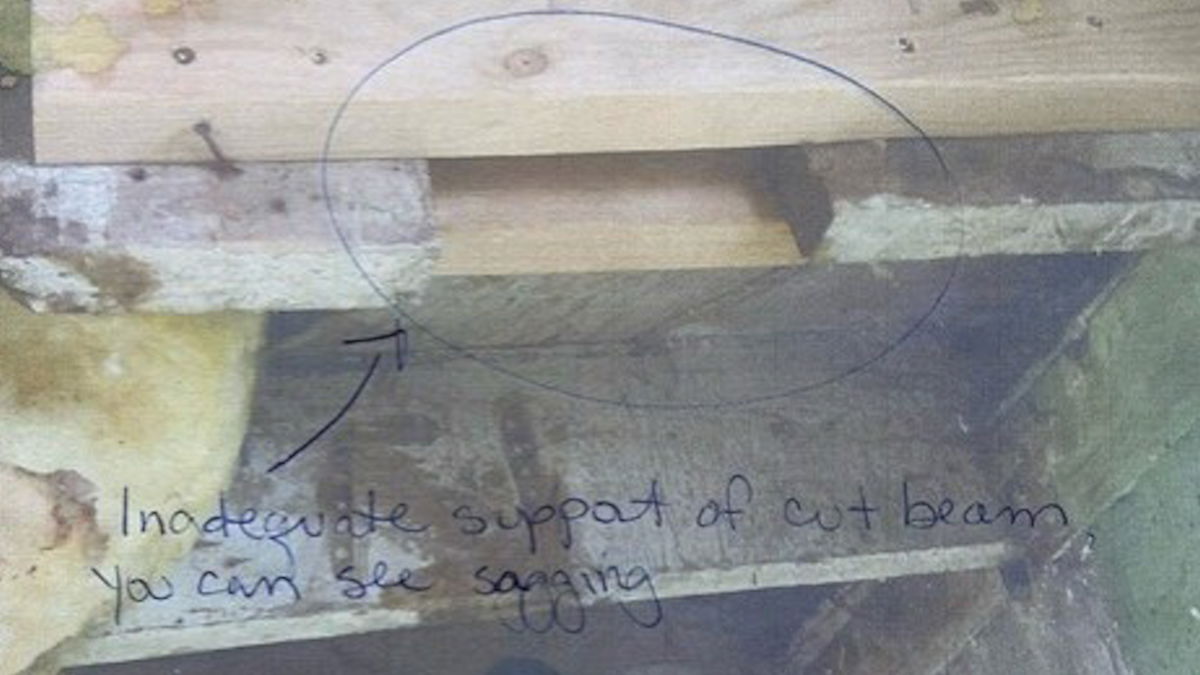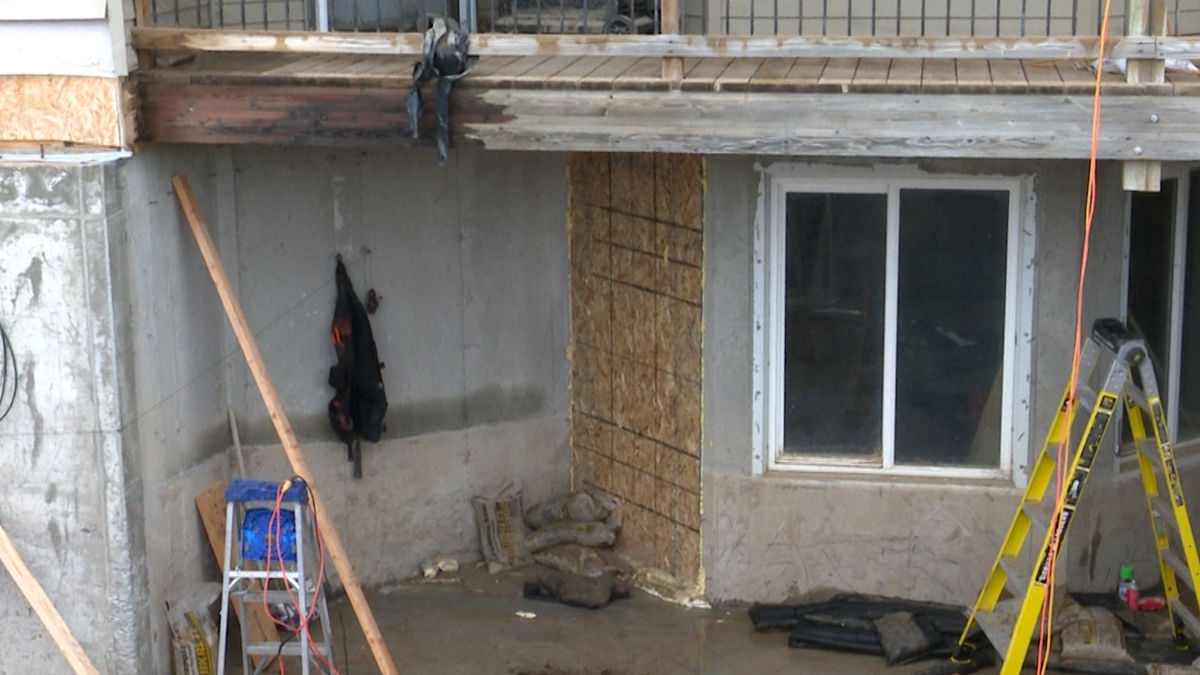Local News 8 investigates – 7 steps to vetting a contractor before you hire
IDAHO FALLS, Idaho (KIFI) - 10 homeowners are out tens of thousands of dollars and a local non profit is out hundreds of thousands.
From digging through court documents and asking the tough questions, Local News 8 continues working to prevent this from happening to you.
The simplest answer is "don't get in this situation in the first place."
A look back at our investigation
I began this series after receiving an email from 10 homeowners, each claiming they are owed money for construction work that was left unfinished by Re-Lived Construction and it’s owner Brandon Cook.

Read their full story HERE.
Next, I brought those complaints to the man behind it all.
Cook told Local News 8 his business spiraled out control, and he apologized to the homeowners, asking them to be patient as he wants to pay them back.
Read Cook's apology and side of the story HERE.
Holding officials accountable, I reached out to the attorney general to find out why it’s so hard to get money back from business deals gone wrong.
The AG’s office said it was unable to contact Mr. Cook and the case was outside of their jurisdiction.
The Bonneville county prosecutor told me when a contractor shuts down their business, like Mr. Cook did, civil courts hit a roadblock.
Learn how he says some contractors in the area are "avoiding civil liability" HERE.
7 steps you should follow before hiring a contractor
Idaho Falls homeowner Jennifer Bennett originally reached out to Local News 8, asking for answers.
Now, she hopes her story will help prevent this from happening to others.
“I really feel like it's not even about the money anymore," Bennett said.
"I don't ever expect to see that back. I've come to terms with that. What I really want to see is I don't want him (Brandon Cook/Re-Lived Construction) to victimize anybody else.”
According to the Idaho Division of Occupational and Professional Licenses, that starts with being proactive and following 7 steps before hiring a contractor.
- Step 1: Only hire registered contractors
- Step 2: Take your time and do due diligence
Verify the information you find from multiple sources such as the Idaho Division of Occupational and Professional Licenses and the Better Business Bureau.
- Step 3: Always request and check references
“Don't just check the references they give," Bob McLaughlin of the Idaho Division of Occupational and Professional Licenses said.
Verify the information you find from multiple sources such as the Idaho Division of Occupational and Professional Licenses and the Better Business Bureau.
"Ask them if you can talk to the customers. Say I'm from some maybe three or four of their last jobs as the contractor trade groups ask local building supply companies, real estate agents who deal with contractors. The Better Business Bureau. Search court records," McLaughlin said.
- Step 4: Obtain proof of a current general liability insurance coverage from the contractor
- Step 5: get the contract in writing

Stay away from any verbal or undocumented agreements.
In my investigation, I found that some of Cook's customers had a written contract while others did not.
- Step 6: be specific in the contract
“Describe the work to be done," McLaughlin said. "The materials to be used, the total cost and the start and completion dates.
"Lots of examples where the contractor takes payment and then never shows up to start the project. We get a lot of complaints about those. Lots of instances with a project was partially started and not completed.”
- Step 7: negotiate the payment schedule in the contract and follow it
“Don't pay cash," McLaughlin said.
"Pay by check and get itemized receipts. Be careful before you pay them any money. We've seen plenty of instances where the contractor was paid maybe for half the job upfront and then you never hear from them again.”

And if it's a bigger project there are a few extra steps.
“For a big project that might be worth involving an attorney in the contract," McLaughlin said.
"You might also want to investigate obtaining...an insurance policy or a surety bond for the project that would pay out if there was an issue with a project or the contractor not completing it.”
In full transparency, when starting this investigation I was expecting to find answers that lead people to a financial resolution.
The answer I found... is if you don’t do your homework upfront bad business with contractors can leave you broke or worse living in dangerous conditions.
For more information on how to protect yourself, read my full investigation starting HERE.






